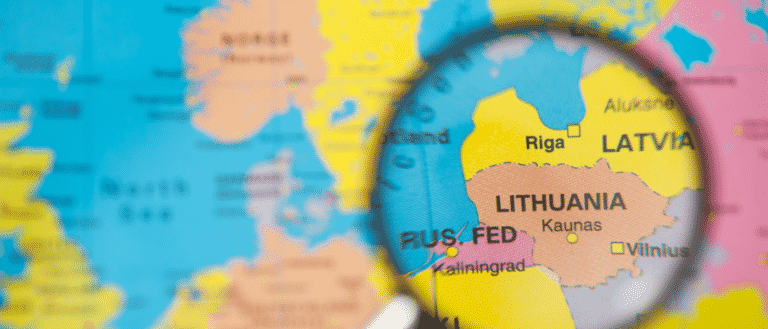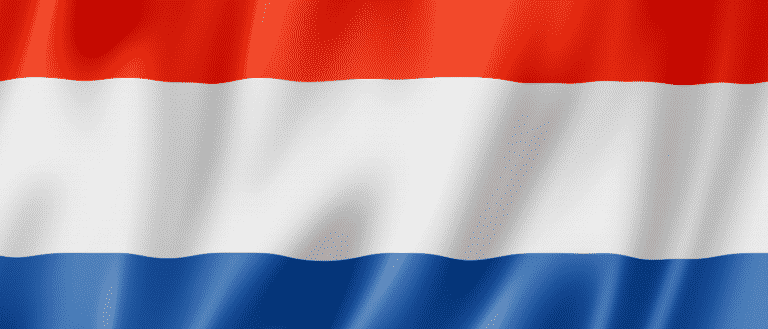Finland Parliament Approves Lottery Act Creating Tighter Gambling Controls
It only took one reading of the new Lottery Act for the Parliament of Finland (Suomen eduskunta) to approve changes to the country’s gambling industry. The result is stricter controls regarding offshore operators and more safeguards for the monopoly held by Veikkaus. The first reading of the measure took place in mid-December. One more reading…










